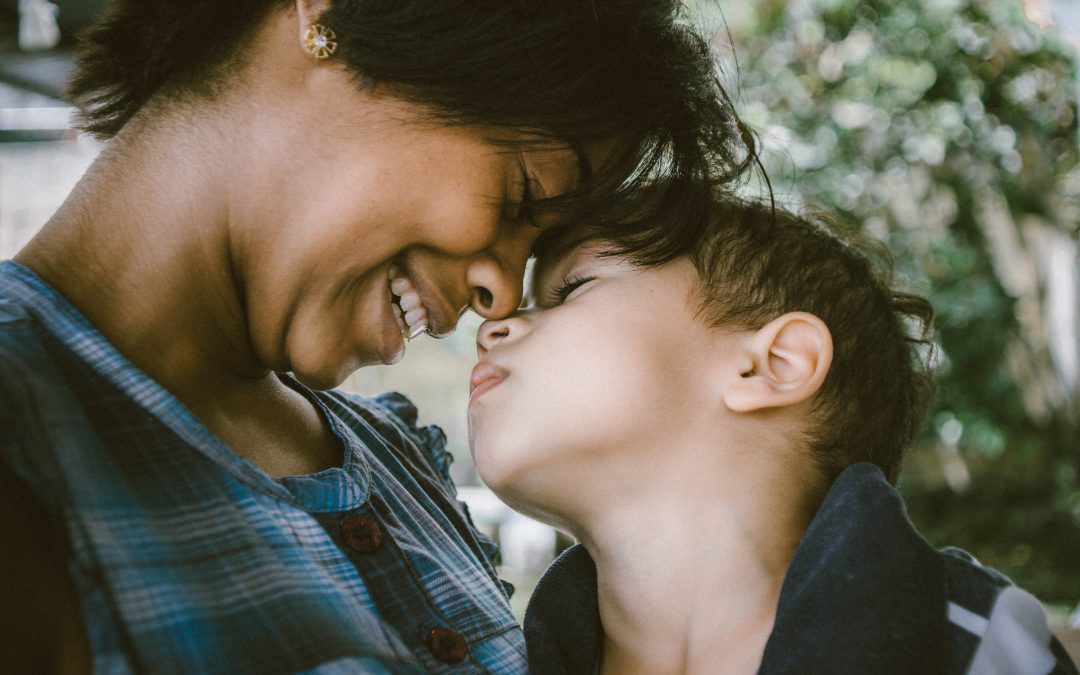How To Address the Need to Know Your Roots
By Shay Stinson

The bond between mother and child is sacred. (Photo by Sai De Silva Unsplash)
The bond between a biological mother and child is strong and as natural as our need for water and many people maintain a strong awareness of this bond throughout their lives. It’s not always the case that a biological mother and child remain connected for the duration of their lives. Children who have been adopted or placed in foster care may have confusion and issues dealing with this bond.

Maternal bonding is usually instinctively developed and nurtured. (Photo by Kelly Sikkema on Unsplash)
Here are a few things for foster and adoptive parents to consider when helping your children cope with emotions that are related to the natural bond they have with their biological mothers:
- Don’t be dismissive of a child’s natural inclination to know who their birth mother is. It’s important to create a space where they feel safe and confident to ask these questions.
- Talking to the child about their mother is a great way to assist them with expressing emotions that may be tied to this bond.
- Stay connected. Many different factors determine whether or not a foster or adopted child can maintain active connections with their birth mom. Still, they will at some point want to know more about where they came from.
- Answer their questions in a sensitive and age-appropriate manner. Don’t make their biological parent seem like a villain.
- If your child experiences sadness due to the revelation of information about their birth mother, don’t try to fix it. Allow them to feel their sadness and ensure them it’s normal and OK to have these feelings. They’ll be less apt to bottle up their emotions.
- If possible, talk to the birth parent(s) yourself. Get used to the possibility of them being a part of you and your child’s life because that bond isn’t going away.
As children develop social skills and become aware of their own emotions, they may have lots of questions and thoughts on things that are hard for the adults in the room to explain. With the onset of holidays like Mother’s Day, it may be helpful to actively listen and be aware of their mood changes. Being positive about the biological mom and families will help your foster or adoptive child process any emotions they may have. The bond between a mother and child may be damaged due to certain circumstances like foster care or trauma. Foster and adoptive parents can help heal this damage by remaining positive and helpful while reassuring themselves that their significance is not lessened in this process.

